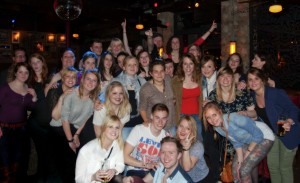 Erasmus Social Work International Week at the Centre for Social Work, Sociology & Social Policy, HSC
Erasmus Social Work International Week at the Centre for Social Work, Sociology & Social Policy, HSC
The Erasmus SOCNET International Social Work Week, which runs every April from the 15th to the 19th of the month, is a multi-site annual event held at host European universities drawn from across the 19 HEI members of the SOCNET network on a 3-year rota. This very popular event brings together a diverse range of European academics and students with an interest in social work and welfare to participate in a packed week of educational, cultural and social events.
This year, and for the first time, it was BU’s turn to host this prestigious event held jointly by HSC staff and students from the BA and MA Social Work programmes and BA Sociology & Social Policy. HSC welcomed academics and accompanying students from Germany, Norway, Denmark, Austria, Spain, Belgium and the Netherlands for a very busy educational week, which received highly enthusiastic evaluations from participants.
The chosen theme of this year’s SOCNET conference at BU was ‘Diversity and the processes of marginalization and otherness: giving voices to hidden themes’. The event was opened by Vice Chancellor, Professor John Vinney, followed by a keynote lecture from Professor Jonathan Parker. Professor Gail Thomas, Dean of the School of Health & Social Care, was guest of honour at the lecturers’ Welcome Dinner held at the Print Room Restaurant, Bournemouth – the first of a number of lively social events held that week. Members of the organizing committee on the staff side included Jill Davey, Jonathan Parker, Sara Crabtree, Richard Williams and Chris Willetts, all of whom were also involved in delivery of presentations ranging from problematising anti-oppressive social work practice to a comparative South Africa/UK study of kinship care to Islamophobia in Europe. HSC PhD student and Associate Lecturer, David Galley, gave an important lecture on the historical context of migration and its influence on welfare. Social Work students Michelle Lillywhite, David Oppong and Ralph Daniel, and Sociology & Social Policy students Abby Jeffery, Heidi Crew, Luana Silliton and Samineh Hall were instrumental in organizing student events, together with delivery of their own student-led thematic workshops. Finally, invaluable administrative management was provided by HSC’s efficient Administrator, Karen Long.
Above all, however, the importance of the SOCNET International Week lies in the ability to sustain the continuation and expansion of a dynamic community of international scholars and educators. Drawn from across the interconnecting disciplines of social work, law and social policy these academics are actively committed to promoting a participatory and internationalised student-focused curriculum on the diverse features of European social work and welfare. The peer collegiality of the event embraces an ever-changing body of students as peer-learners and equal participants in developing specific conference themes, and assisting to develop the sustainability of the network. This in turn generates further engagement through student/staff exchanges and research collaboration.
To further promote these excellent goals, selected chapters generated from the best of the workshops at BU will be developed into an edited volume entitled Diversity and the Processes of Marginalisation: Reflections on Social Work in Europe, under the editorship of Sara (Ashencaen) Crabtree and Jill Davey (Whiting & Birch publishers). This collection follows from last year’s initiative to produce the first SOCNET volume entitled Active Ageing? Perspectives from Europe on a vaunted topic, under editors María Lusia Gómez Jiménez, University of Malaga, and Jonathan Parker, BU.

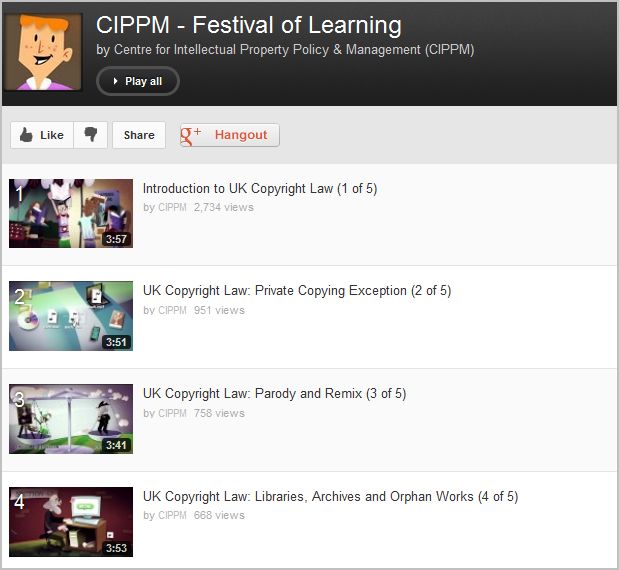
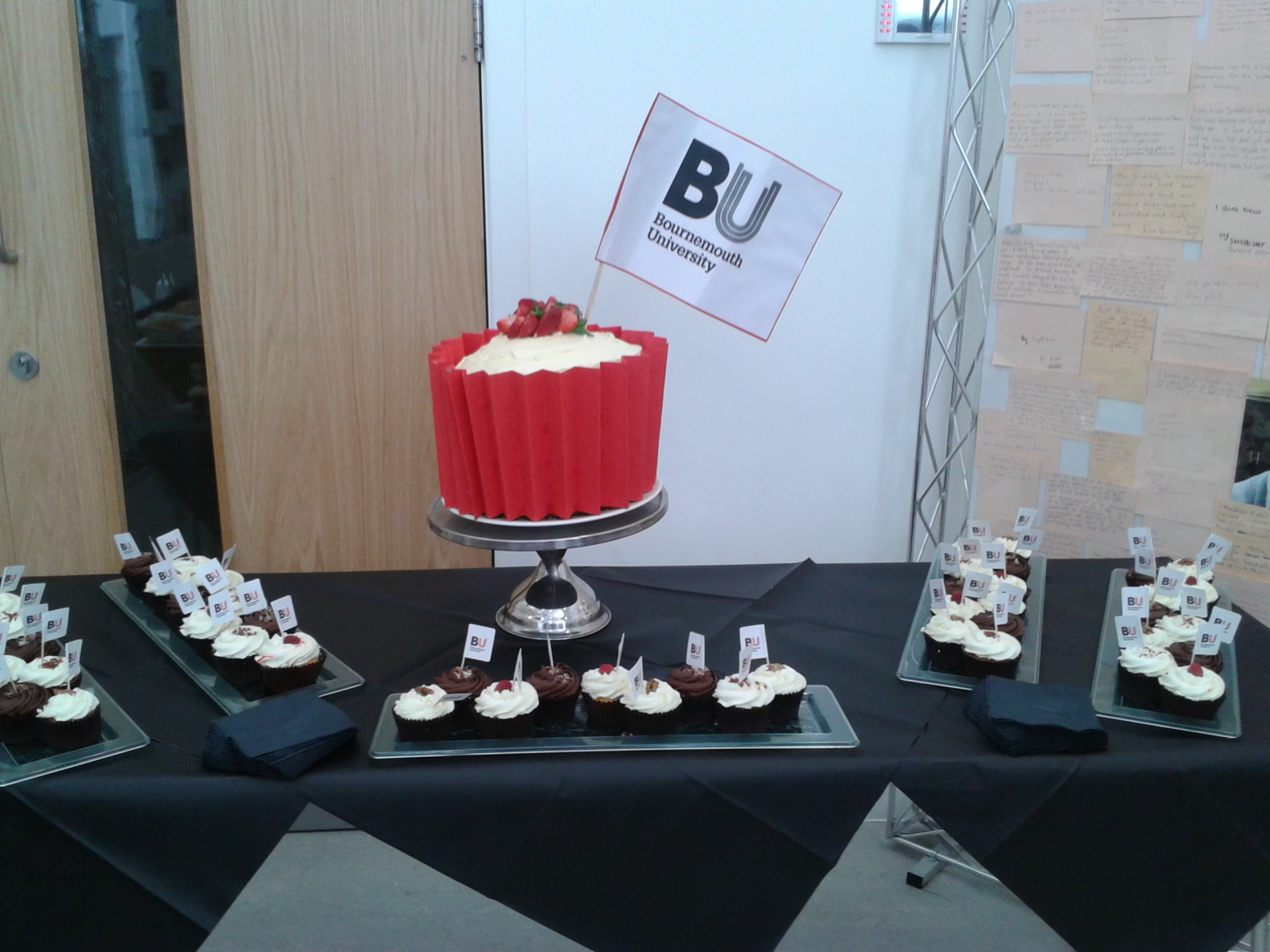




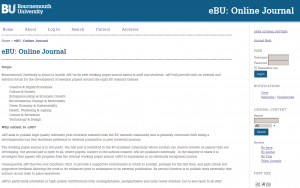












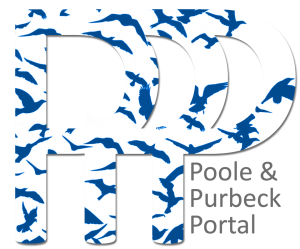













 Free event on Solutions to Inequalities in Dementia Diagnosis and Care
Free event on Solutions to Inequalities in Dementia Diagnosis and Care BU attendance at third annual GCPHR meeting in June
BU attendance at third annual GCPHR meeting in June Interactive Tangible and Intangible Heritage Applications – BU student work featured in new book chapter
Interactive Tangible and Intangible Heritage Applications – BU student work featured in new book chapter Second NIHR MIHERC meeting in Bournemouth this week
Second NIHR MIHERC meeting in Bournemouth this week MSCA Postdoctoral Fellowships 2025 Call
MSCA Postdoctoral Fellowships 2025 Call ERC Advanced Grant 2025 Webinar
ERC Advanced Grant 2025 Webinar Horizon Europe Work Programme 2025 Published
Horizon Europe Work Programme 2025 Published Horizon Europe 2025 Work Programme pre-Published
Horizon Europe 2025 Work Programme pre-Published Update on UKRO services
Update on UKRO services European research project exploring use of ‘virtual twins’ to better manage metabolic associated fatty liver disease
European research project exploring use of ‘virtual twins’ to better manage metabolic associated fatty liver disease